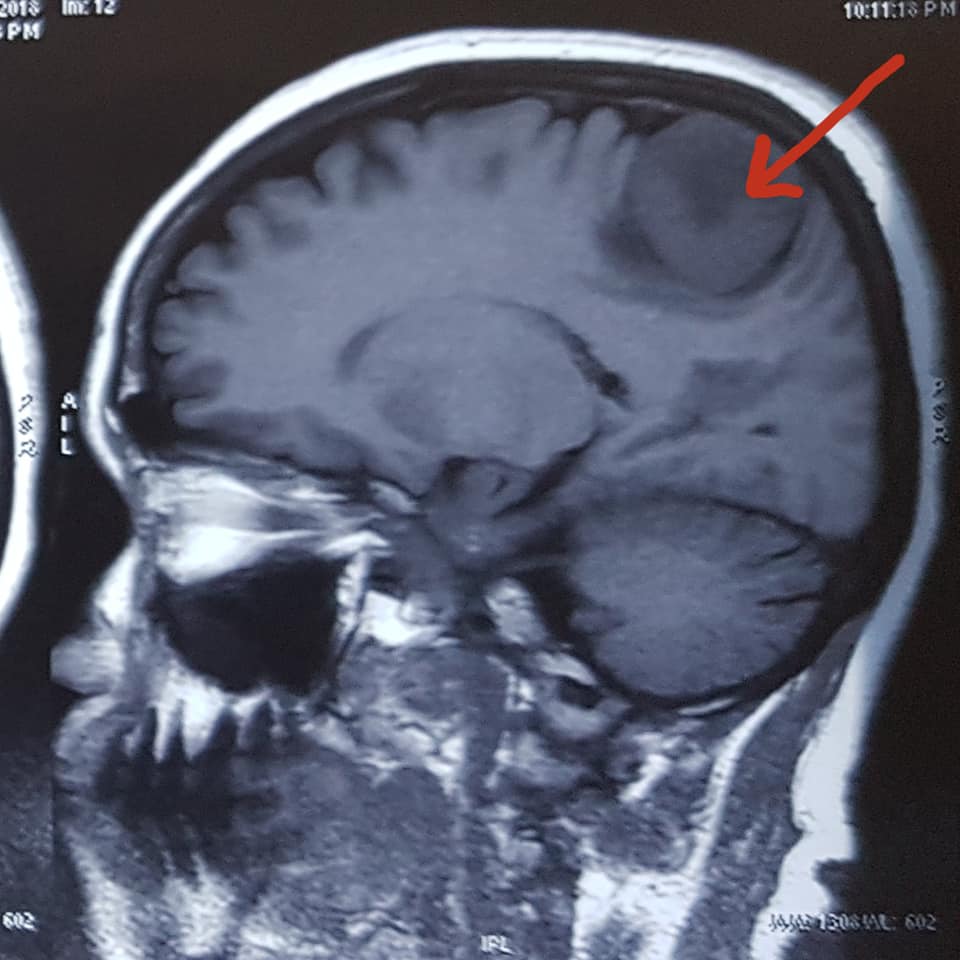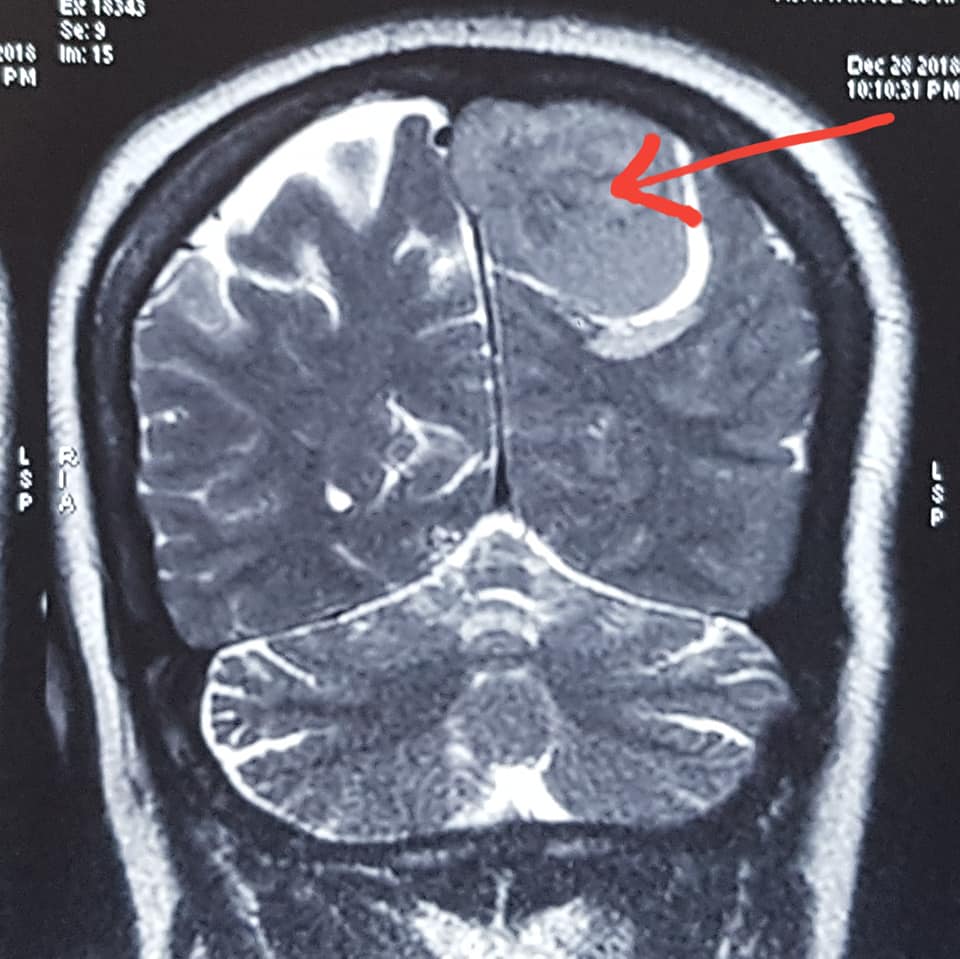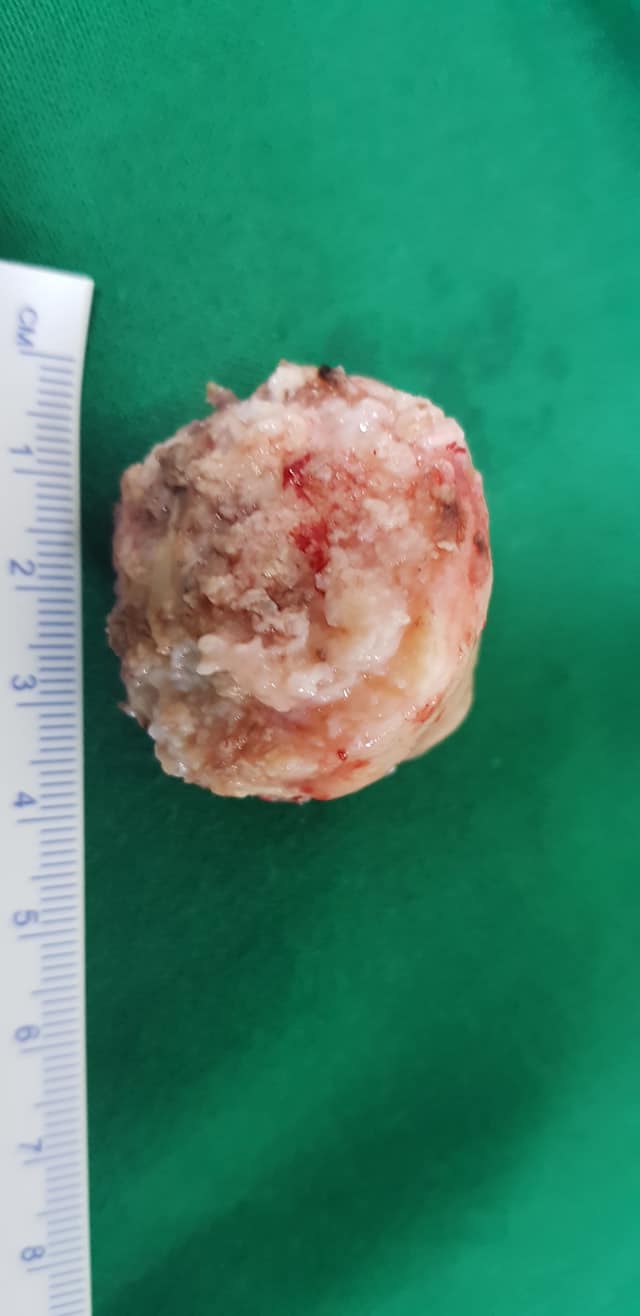Brain tumour in critical areas
Brain tumours in critical areas: how serious is it?
Critical areas are areas that control bodily function or near blood vessels that control supply to such areas.
What are the symptoms of brain tumour?
The symptoms can broadly be divided in three groups
I)THE RAISED INTRACRANIAL PRESSURE (pressure inside the skull) SYMPTOMS
Unlike other organs in human body such as stomach, brain is housed in a rigid cavity of skull. When a growing tumour inside the skull increases the pressure, the bony skull cannot expand to accommodate and the pressure inside skyrockets. This is called raised intra cranial pressure or raised ICP.
The symptoms of raised ICP are varied and include:
- Headaches
- Nausea and vomiting
- Double vision
- Irritability
- Drowsiness or loss of consciousness
II) SYMPTOMS DUE TO LOSS OF A PARTICULAR BRAIN FUNCTION
As the brain tumours progressively increase in size, they hamper the function of the part of the brain where they are growing. This set of symptoms varies greatly depending on the area/ location of the tumour.
Examples-
- A tumour in the right parietal motor area will cause progressive loss of power in the opposite, that is left sided limbs and face.
- A tumour in the dominant (usually the left) sided posterior temporal area will severely hamper the language function and cause inability to comprehend the language
- A tumour in the pituitary gland will cause hormonal imbalances and will press on the optic chiasma, causing the vision to fail.
- A tumour in the cerebellum will cause loss of balance and inability to carry out co- ordinated tasks etc
III) SYMPTOMS DUE TO THE TUMOUR CAUSING INCREASED IRRITABILITY OF THE SURROUNDING BRAIN STRUCTURES.
- The most import example of this is known as seizures, epileptic attacks or simply the fits.
- Tinnitus (sound in the ear),
- Facial twitching and
- Trigeminal neuralgia pain
Estimated 55 to 60 percent of brain tumours will have fits/ convulsions/ convulsions sometime or the other during the course of the disease.
During a seizure or the “fit”, one or more of the following symptoms may arise….
- Repeated jerking of one or more limbs
- Violent jerking of the entire body and fall
- Repeated and uncontrollable lip smacking or automatic chewing movements
- Loss of contact with the surroundings
- Loss of consciousness
- Experiencing extreme fear
- Experiencing bad smell
- Frothing of the mouth
- Passing urine involuntarily
- Tongue bite.
- Backward arching of the body
- Repeated eyeball movements or uprolls.
- Production of loud sounds involuntarily
- Shallow and rapid breathing
IV) LOSS OF CONSCIOUSNESS
The fourth type of the clinical presentation is rare but very severe and can be avoided if the tumours are diagnosed very early in the course of their development.
This group of patients present with sudden loss of consciousness or deep coma and indeed, there can be sudden death. Luckily these cases are rare.
Frequent causes of such presentation are
- Sudden massive internal bleeding in the tumour
- Sudden blockage in the flow of the watery fluid (The cerebrovascular spinal fluid) due to sudden obstruction by a critically located tumour. Commonest example is a tumour known as the “colloid cyst” blocking the foramen of Monroe.
- A rare instance in which a particularly violent seizure can cause sudden death.
This is a brain tumour in the eloquent area of the brain- complete excision was done.



Here is a link to our video explaining brain tumor symptoms:
Leave a reply
Leave a reply